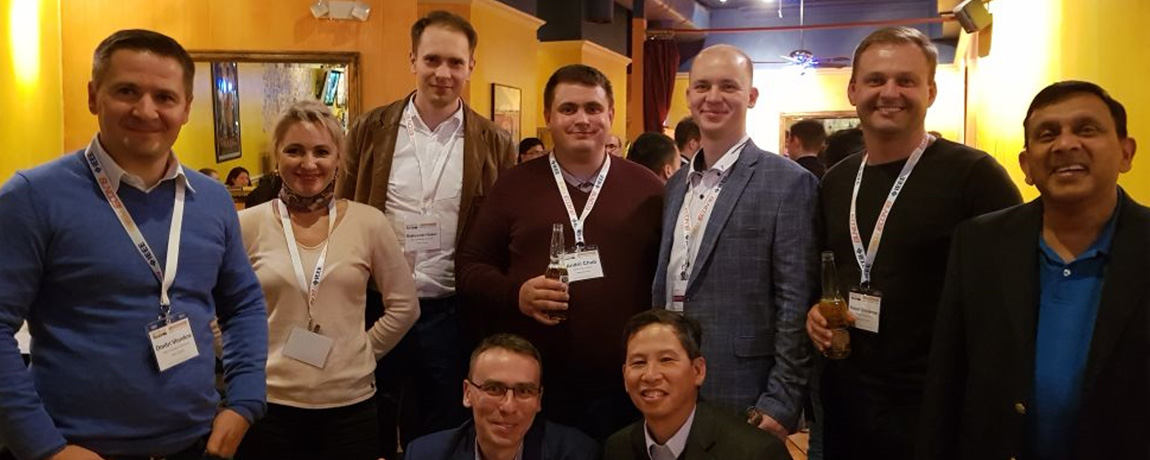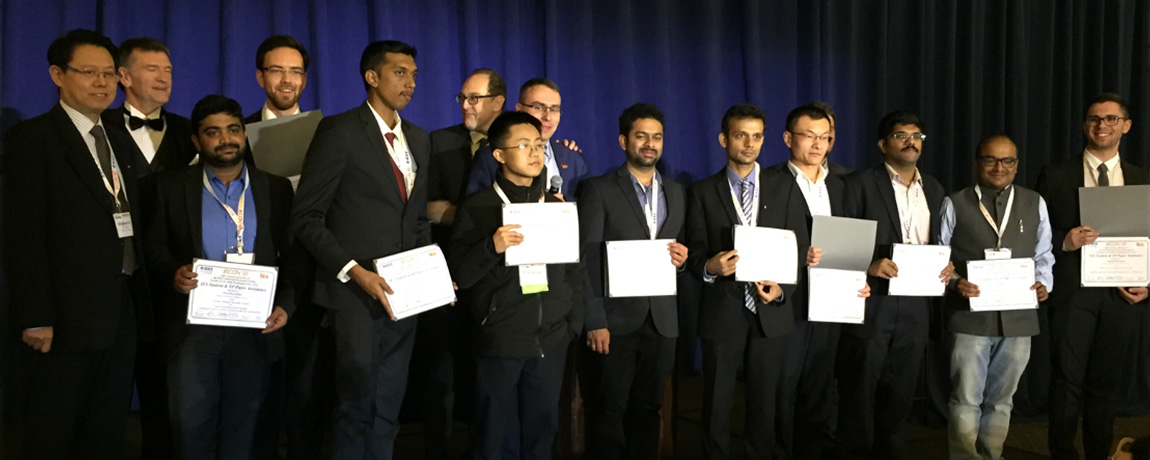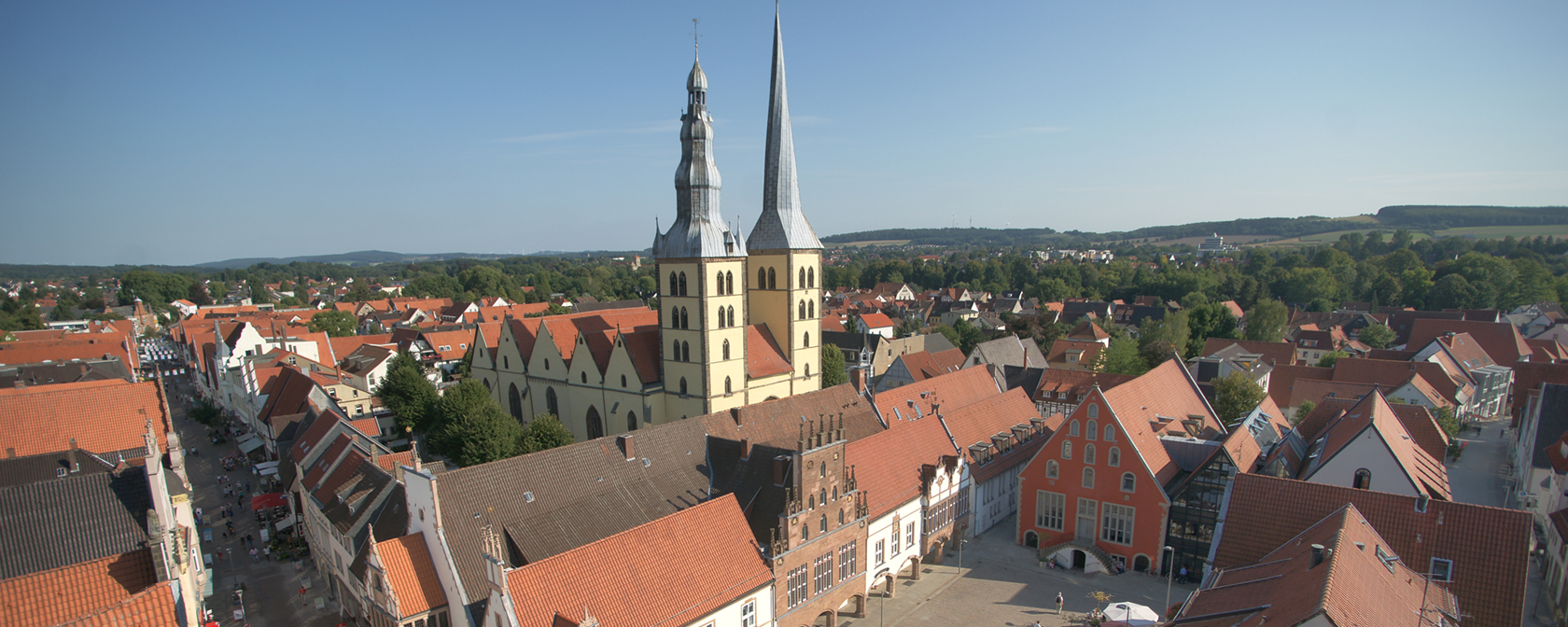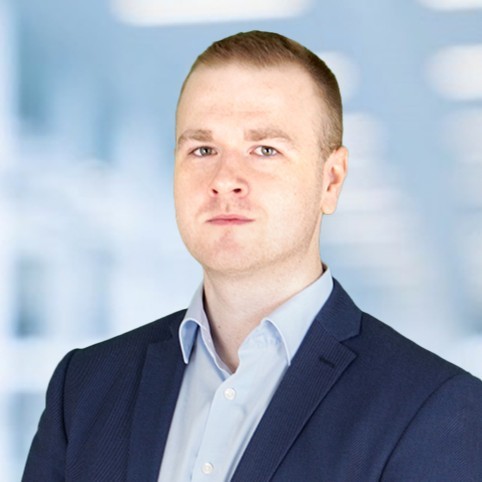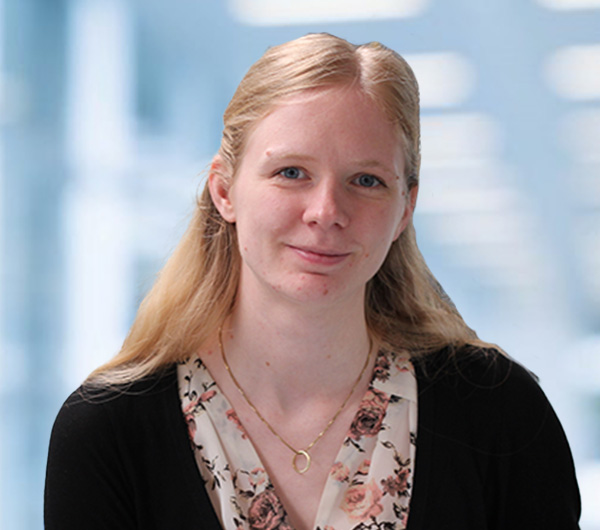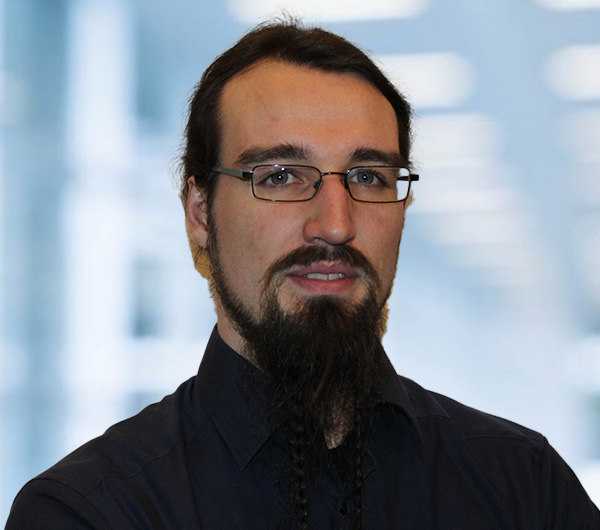Welcome to INDIN 2023
Student Forum
During the conference, a student forum will be organized by the IEEE IES Young Professionals & Student Activity Committee (YPS-AC).
Join IEEE IES to be eligible for the IES Student and Young Professionals Paper Assistance Program (IES-SYPA).
IES Student and Young Professionals Paper Assistance Program (IES-SYPA)
The Young Professionals & Student Activity Committee (YPS-AC) of the Industrial Electronics Society (IES) offers financial support to the IEEE IES Student members to attend IES conferences.
For the IEEE-INDIN 2023 we have pre-allocated FIVE IES Student and Young Professionals Paper Assistances (IES-SYPA) up to US$1500 each.
It should be pointed out that if many applicants have obtained a high score, the committee can reduce the travel assistance amount to US$1000 per applicant. This exceptional measure is in order to support the travel of a higher number of excellent applicants.
The conditions to apply for the IES SYPA are:
-
Please take into account that IEEE IES must follow general rules of IEEE related with OFAC Sanctions Programs. For more details, you may ask The Legal and Compliance Department available to assist with reviewing any questions that you may have with respect to OFAC or other compliance matters
-
Be an active IEEE IES Student and/or YPs Member
-
Reside outside the city in which the conference is held
-
Have a paper accepted at the conference and be the person who will present it
-
The manuscript should be fully registered
The IEEE IES Manuscript Submission System (MSS) will show the button to apply for the paper travel assistance only if at least one author has the student's and/or young professional's checkbox checked and only after the final version of the manuscript has already been submitted.
A paper cannot be supported by more than one travel assistance. A person cannot receive more than one travel assistance each year. YPS interested in the IEEE IES Student and Young Professionals Paper Assistances Program should fill up the application available in the conference MSS and follow all steps indicated in the form. They should clearly indicate their IEEE membership number and their paper reference number. All material should be submitted in PDF format on the form in the MSS.
Paper assistance applications submitted by YPS will be evaluated by a committee consisting of the Chair of the Young Professionals & Student Activity Committee, the IES President, the Conference General Chair, and the IES Treasurer.
In case the number of applicants exceeds the budget, preference will be given to:
-
YPS with the best-qualified papers according to the reviews scores
-
YPS who have not benefited from this program in the last two years
-
When it comes to the ISIE and the IECON, YPS authors from the Students & Young Professionals Forum (IES-SF) have priority
The deadline for applying for assistance under the IES Student and Young Professionals Paper Assistance Program (IES-SYPA) is the manuscript acceptance date plus two weeks.
Some further notes are also summarized below:
-
A three-minute speech (3Ms) + film and project hardware demonstration (if applicable) during the conference is mandatory to receive the IES-SYPA. See more details how to prepare three-minute speech + movie about your project on the IEEE IES website.
-
YPS who are selected for the IES-SYPA should post their 3 minutes' films on the associated IEEE Collabratec and IES Facebook event page at the following links:
-
The Applicants should send the link of their video files to the YPS-AC Co-Chair of the three-minutes speeches (3Ms) + movies to upload them to the IEEE IES YouTube Channel.
-
So, please prepare the video to be interesting for public viewers.
-
The diplomas for the IES Student and Young Professionals Paper Assistances (IES-SYPA) will be given during the conference, usually at the Gala Dinner.
-
YPS should also post their photos from the conference and/or the ceremony to the related event on the IES Facebook page.
-
The documents to be filled and sent to the IEEE IES Treasurer are as per the Expense Reimbursement Procedures listed on the IEEE Industrial Electronics Society - Treasurer Information.
